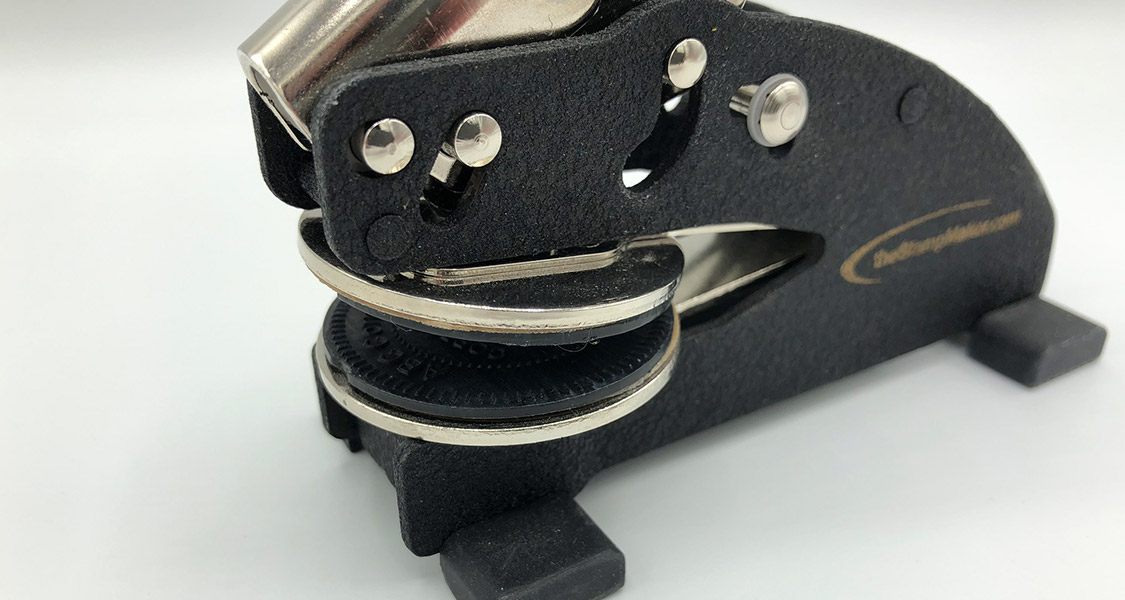
Thinking about becoming a Notary Public? Notaries confirm the validity of—and enable—some of the most essential transactions. From mortgage documents and adoption papers to contracts and advance medical directives, Notaries witness various important agreements. Becoming a Notary Public is not an overly involved process, but the steps do vary from state to state. Below we go through the main steps most individuals must take before being able to use their official notary seal for validating critical documents.
6 Steps to Becoming a Notary
Below we outline the general steps required to become a Notary Public, and we outline the Notary supplies you need, such as Notary stamps or seals. As stated above, requirements change according to your state of residence. For steps specific to your location, see the official site of your state.
Understand the Qualifications
Requirements to become a Notary may be different depending on your location. Basic qualifications may include your age and state of residence. Most applicants must be 18 years old, live in the state they wish to serve in, and must be able to read, write, and speak English. Some states require that applicants have not had any felony convictions, while others only require 10 or more years since incarceration, probation, or parole.
Certain states might vary their requirements according to the type of felony or crime committed. For example, if one committed a crime that involved moral turpitude and hasn’t been discharged by law, certain states will not allow these individuals to become Notaries.
Complete Necessary Training
Not every state requires notary education or training. Regardless, it’s worthwhile to thoroughly understand notary responsibilities and nuances in the case that a complex situation arises. Required training may include short courses with educational materials, videos, and interactive elements. If your state requires training, make sure to check which education providers are certified in your location.
Pass Notary Exam

Many states do not require applicants to take and pass a Notary exam, but several do. Some exams have an associated fee. Frequently, this exam is connected to an education course. Topics covered in Notary exams include state statutes, regulations, procedures, and ethical standards. If your state requires certain courses or training, there is a chance you may also need to pass an exam.
Complete Your Notary Commission Application
The majority of states require Notaries to submit an application, and most applications cost a fee, which ranges from state to state. In some states, you must apply at the county level. In addition, many states have certain time frames in which you must file at the county. The majority of states have online platforms to apply. The waiting period to receive notary commission approval can vary widely from state to state.
Obtain a Notary Bond and Insurance
In many states, you must have a notary bond. This functions as insurance for consumers. If a Notary Public were to make a mistake that either harms someone financially or physically, the bond will pay. Other recommended insurance includes Errors and Omissions (E&0) insurance. Rather than protect the public, this is intended to protect the notary in the case of honest mistakes. The amount of coverage needed varies according to your assets as well as the type and value of the documents being notarized.
Gather Your Notary Supplies

To witness and authenticate officially, you’ll need a notary seal stamp for stamping certifications and documents. Each state has a required format, so be sure to find a manufacturer that creates official notary stamps or seals for your state. You can further customize a stamp or notary seal embosser to include your name and other necessary identification. Some states do not allow embossing seals, however. In addition, you should also have a journal in order to keep a record of every notarization. Within the journal, there is also an area for thumbprint verification. If so inclined, another supply you may need is a fingerprint ink pad to ensure meticulous record keeping. The fourth Notary supply you’ll need is your certificate(s). Different types of notarizations require different certificates.
Notaries can find themselves in everything from car dealerships and courthouses to homes and business offices. As a Notary, you may be a critical part of validating important documents and agreements, both personal ones as well as larger business pursuits. If you successfully become a Notary Public in your state, keeping the right supplies on hand is essential to performing your job lawfully. One of the most important tools to have is a Notary stamp, which is your mark of validity as a Notary. The StampMaker manufactures seal embossers and stamps for every state with the official mark. In addition, you can easily customize your embosser or stamp with your name to always leave a crisp, clear, and authentic impression.
Becoming a Notary Public can be a straightforward process, though the steps are different according to your state of residence. If you have the necessary qualifications, you can begin the process to become a Notary. Check your state’s official website for specific directions, educational materials, and requirements.